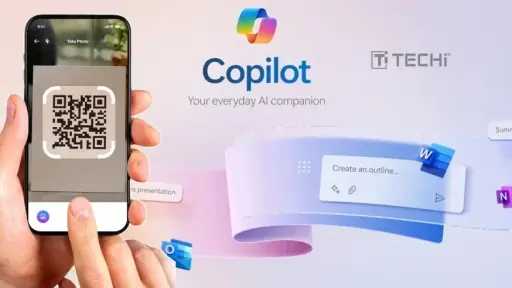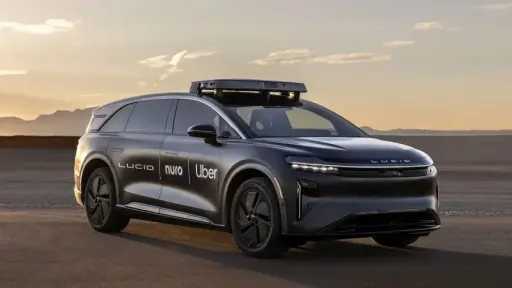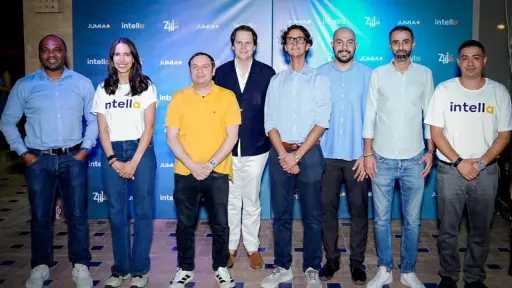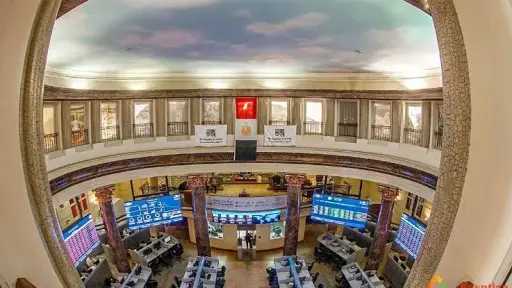Microsoft is saving millions with AI and laying off thousands

Last week, Bloomberg reported that Microsoft shared internally that it had saved $500 million in call center costs, thanks to AI -- shortly after the company laid 9,000 people off, the third round in a series of layoffs totaling 15,000.
What does this mean for the tech industry and job security for humans -- at larg
Microsoft's layoffs, despite huge profits
According to Bloomberg, Microsoft's chief commercial officer Judson Althoff shared in a presentation that AI tools were improving productivity across several teams, including sales, customer service, and engineering, noting AI had created over a third of the code for Microsoft's new products. Althoff noted AI had reduced customer service costs by over $500 million while upping employee and customer satisfaction.
The fact that Microsoft reported such positive numbers while still eliminating staff -- a move usually reserved for tougher financial times -- added insult to injury for many, especially as remaining execs used AI to generate hiring call graphics and suggested fired employees seek comfort from AI tools. Other reports suggest that many of those roles are being replaced with AI -- in some cases, AI that those now laid off helped to build.
The same week of the layoffs, in an announcement titled "Putting people first," Microsoft launched Microsoft Elevate and the AI Economy Institute. Elevate is a social impact fund through which Microsoft says it will "donate on a global scale more than $4 billion in cash and AI and cloud technology to K-12 schools, community and technical colleges, and nonprofits to help advance their missions." The AI Economy Institute, meanwhile, is a "corporate think tank" focused on "AI for good" initiatives.
Debate over AI's impact on jobs
The news comes as several tech companies and leaders have noted, in rapid succession, that AI is poised to replace at least some percentage of human personnel. In May, Anthropic CEO Dario Amodei said he expects AI will axe half of all entry-level white-collar jobs in the next five years while pushing unemployment up to as much as 20%. A recent survey found that 43% of managers who assessed whether AI could handle their direct reports' jobs went on to actually replace them with AI.
At the same time, some research and predictions claim AI will augment some jobs -- and in some cases, even create new roles, though certainly not as many as it eliminates.
ZDNET senior contributing editor Ed Bott, a longtime Microsoft observer, thinks the shift is relatively standard in the context of tech's history.
"Everything I see from the outside is consistent with the view that Microsoft is getting benefits from AI using the same strategies and tools that it is urging its customers to deploy," he said. "That involves automating routine tasks in sales and support, and using tools like GitHub Copilot to generate code that an engineer can edit and test."
"It's probably not all that different from the transition that previous generations of workers went through when electronic switching equipment replaced telephone operators, PCs replaced the typing pool, and page layout tools made print designers more efficient," he added.
Bott pointed out that Microsoft has been using machine learning for years "in more advanced settings, such as identifying incidents using enterprise security tools" -- but that these recent announcements don't convince him that "there's any magic at work here."
AI policy's influence
New legislation could also explain the strategy behind Microsoft's layoffs. According to analysis by Morgan Stanley, the Trump administration's recently passed "big, beautiful" tax bill includes research and development expensing guidelines that stand to lower Big Tech's taxable income if companies move money into that sector and out of other areas.
The current administration is creating several incentives (and very little regulation) for AI to speed ahead, without any built-in protections for workers. Trump's AI Action Plan, or formal AI policy, is set to be announced next week on July 23. During his first week in office, Trump reversed any semblance of worker protections included in President Biden's AI executive order.
? What the future looks like
Tej Kalianda, an interaction designer at Google, believes many companies will follow this layoff trend in the near future -- but thinks that will create more than just employment concerns, especially for creative fields.
"When we exclude humans from shaping AI systems, we build models that are biased, incomplete, and culturally hollow," she told ZDNET, pointing out that AI "remixes" content more frequently than it creates from scratch. "Companies will hit a ceiling when they realize their tools can only recombine what already exists. True innovation requires the messy, unpredictable terrain of human creativity."













